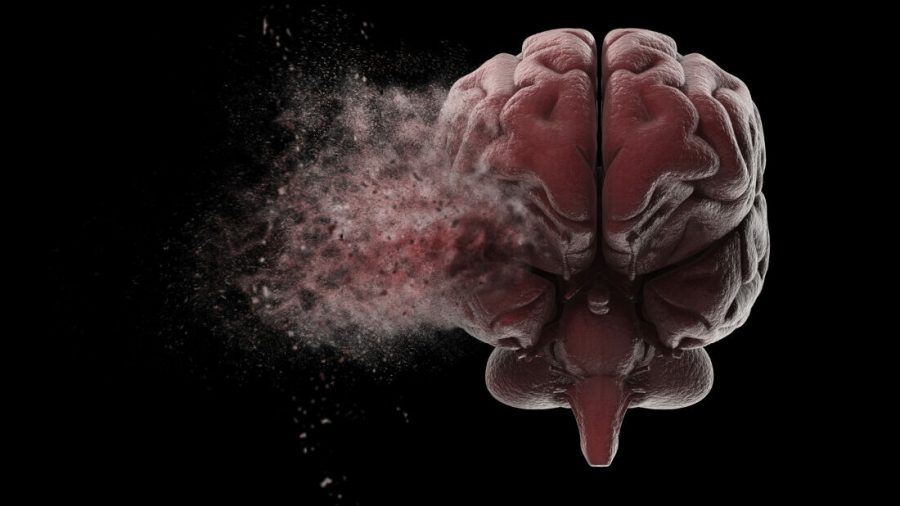
No one anticipates losing everything. This includes not only the house, but also vehicles, furniture, money, cooking utensils, valuables, keepsakes, beds, blankets, records, birth certificates and personal identification.
Nine months ago while people scrambled out from under the rubble of their former homes, reality hit them: everything was gone. They had no hope of finding anything, either. What little the tornado spared remained buried beneath dirt and debris, saturated in rain for the next several days as the sky continued to weep.
Once the shock subsided, families ventured into churches, shelters and other public buildings where insurance agencies had set up tables. Homeowners visited these tables to receive advancements for their lost belongings until the claims could be settled in full.
The process wasn’t as easy as it seemed. Most of these families were under-insured – or even worse, uninsured. In some situations, these homes were all people had. Never had Mother Nature played into their worries. While waiting their turns, families would sit on cots or run back to their piles of junk, digging through the mud for proof of identification titles and insurance cards.
For those who lost homes, FEMA, the Federal Emergency Management Agency, came to build around 350 trailer homes in two different parks as temporary living. Families of all predicaments may live in these trailer homes, called “FEMA-ville,” for up to 18 month. Though not an ideal living situation, FEMA provides furniture and kitchen items in the three bedroom units to help families through the tragedy as they wait on new homes to be built.
In addition to the trials many suffer from losing homes, business owners must also face the loss of their businesses, their livelihood. A few months after the tornado ripped through Joplin, my grandma told me a former business in downtown Joplin had been destroyed. The parking lot and its structure were nonexistent. When the business owner went to receive her reimbursements for the reconstruction of her business, she found the insurance policy didn’t cover her parking lot or her business sign. Both ended up costing her tens of thousands of dollars out of pocket to pay.
While government agencies, non-profit organizations and donations helped jump start the rebuilding process in Joplin, there are still those who are struggling. Whether it’s an uninsured home, parking lot or store sign, what once seemed to be “just there” will be ten times more precious now.
By Kaitlyn Marsh

















































































